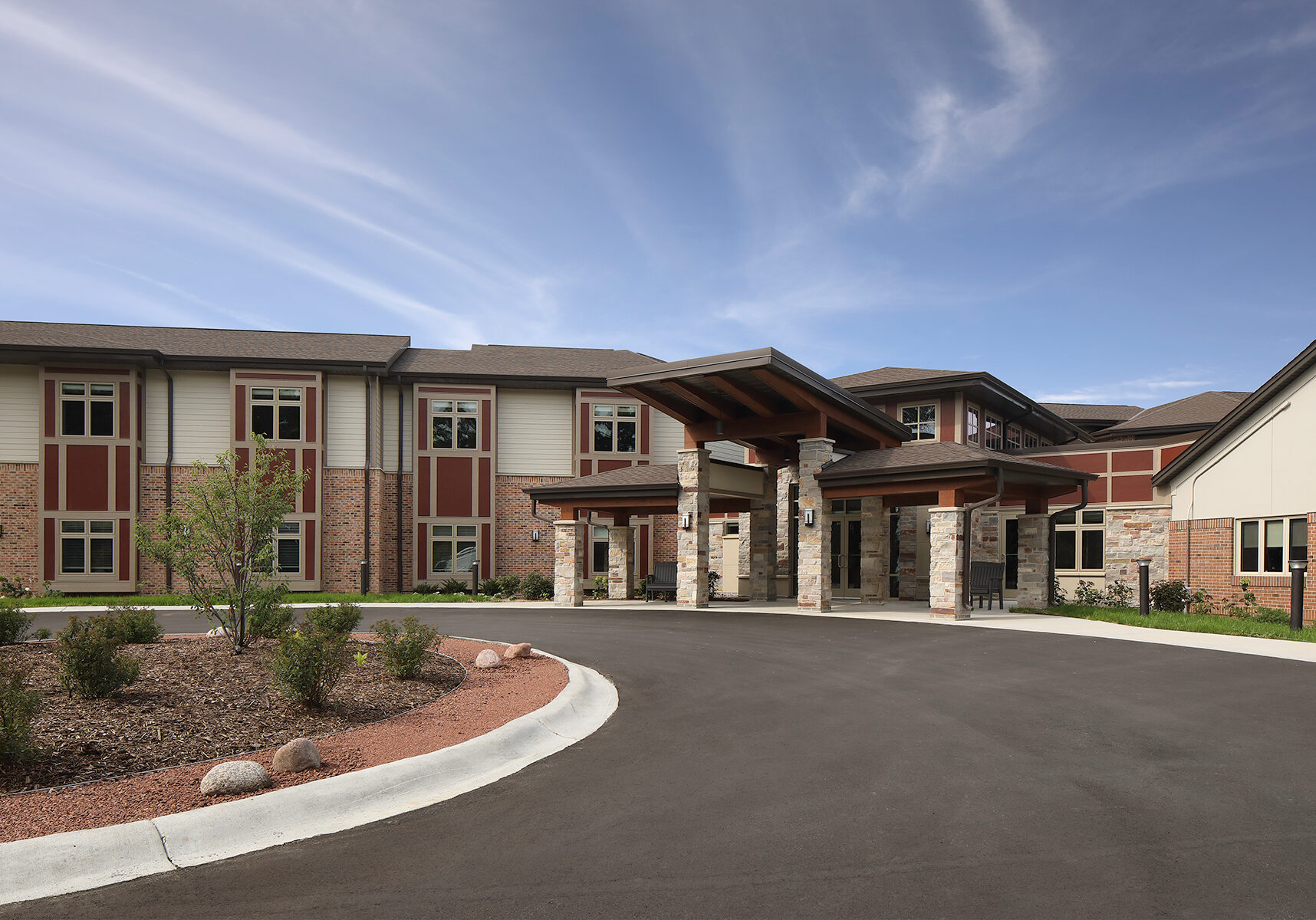Premier Charlotte Memory Care: Specialized Senior Care Solutions
Premier Charlotte Memory Care: Specialized Senior Care Solutions
Blog Article
What to Anticipate in Memory Care: A Comprehensive Overview to In-Home Provider
As families come to terms with the challenges of caring for somebody with memory loss, the world of at home services uses a lifeline of support and specialized treatment. Recognizing what to anticipate in memory treatment is vital for ensuring the well-being of both the individual with memory disability and their caregivers.
Daily Routines and tasks
Engaging in structured daily activities and regimens is a fundamental component of supplying top quality treatment for individuals in memory care centers. These tasks are carefully created to accommodate the certain needs of residents with cognitive problems, such as Alzheimer's illness or dementia. Daily routines play a vital role in maintaining a sense of knowledge, safety, and function for individuals in memory care.

Additionally, day-to-day regimens aid people in memory care facilities to really feel even more focused and less nervous. Uniformity in activities and timetables can lower confusion and agitation, providing a feeling of stability and convenience. Caretakers and employee play a vital role in facilitating these activities, ensuring that each resident gets customized and thoughtful care tailored to their distinct choices and capabilities.
Specialized Care Services
Within memory care centers, specialized care solutions are necessary to resolve the special requirements and difficulties dealt with by individuals with cognitive problems such as Alzheimer's illness or dementia. These solutions are designed to give customized support that provides to the certain needs of residents handling memory loss. Specialized care solutions in memory care centers usually include customized treatment strategies, assistance with activities of daily living, drug management, and behavioral treatments focused on improving high quality of life and reducing distress.
Furthermore, memory care centers usually offer structured programs and activities especially designed to boost cognitive function and advertise social engagement among residents. These tasks might include memory-enhancing exercises, sensory stimulation therapies, and memory therapy sessions. In addition, specialized treatment services commonly include routine monitoring of citizens' health and health by experienced team member that are outfitted to manage the distinct difficulties connected with cognitive decline.
Security Actions and Environment
Carrying out stringent safety procedures and creating a safe and secure environment are paramount concerns in memory treatment centers to guarantee the well-being and defense of citizens with cognitive problems. Security in memory care begins with secure structure design, including secured doors and kept track of entrances to prevent residents from roaming outdoors not being watched. By focusing on safety steps and preserving a safe and secure atmosphere, memory care centers purpose to offer a reassuring and protective setup for individuals with cognitive disabilities.
Interaction and Involvement Techniques
With a concentrate on improving and fostering meaningful communications lifestyle, effective communication approaches play a critical duty in sustaining individuals in memory care facilities. Communication in memory treatment entails recognizing the special demands of homeowners that may have cognitive disabilities like mental deterioration. Basic language, clear instructions, and non-verbal hints such as gestures and face expressions are important devices for effective communication. Caretakers should approach homeowners with respect, compassion, and perseverance, producing a helpful environment where individuals feel click for source recognized and valued.
Involvement strategies are also crucial in memory care, assisting locals stay energetic, boosted, and attached to their surroundings. Activities visit homepage like music therapy, art courses, memory sessions, and sensory excitement can stimulate memories, improve state of mind, and advertise socialization. Tailoring activities to every person's capacities and interests is crucial to cultivating engagement and a feeling of achievement. Furthermore, incorporating acquainted things, photos, and songs from the person's past can provide comfort and promote favorable memories. By focusing on individualized interaction and involvement strategies, memory care centers can enhance the overall health and high quality of life for their residents.
Caregiver Support and Resources
Provided the vital role caretakers play in applying effective interaction and interaction strategies for residents in memory treatment centers, supplying sufficient support and sources is vital to guarantee the health of both the caretakers and the individuals under their treatment. Caregivers in memory treatment setups commonly encounter one-of-a-kind challenges that can affect their emotional and physical well-being. To address these obstacles, different support group and resources are offered to assist caregivers in offering the very best feasible care.
One crucial type of support is caregiver education and learning and training programs. These programs furnish caretakers with the required skills and understanding to efficiently manage the signs and habits connected with memory loss. Furthermore, support system use caretakers the opportunity to attach with others that are experiencing comparable challenges, providing a sense of community and understanding.

Verdict

Involving in structured everyday tasks and regimens is an essential component of providing top quality care for people in memory care centers.Within memory care facilities, specialized treatment solutions are important to resolve the distinct requirements and obstacles dealt with by individuals with cognitive disabilities such as Alzheimer's disease or dementia. Specialized treatment services in memory treatment facilities typically include personalized treatment plans, help with activities of day-to-day living, drug administration, and behavioral therapies aimed at boosting top quality of life and minimizing distress.
Offered the critical duty caretakers play in executing efficient interaction and engagement techniques for homeowners in memory care centers, supplying sufficient support and sources is important to make certain the well-being of both the caregivers and the individuals under their care. Daily tasks, specialized treatment services, safety and security actions, communication methods, and caregiver assistance are essential components of in-home memory care.
Report this page